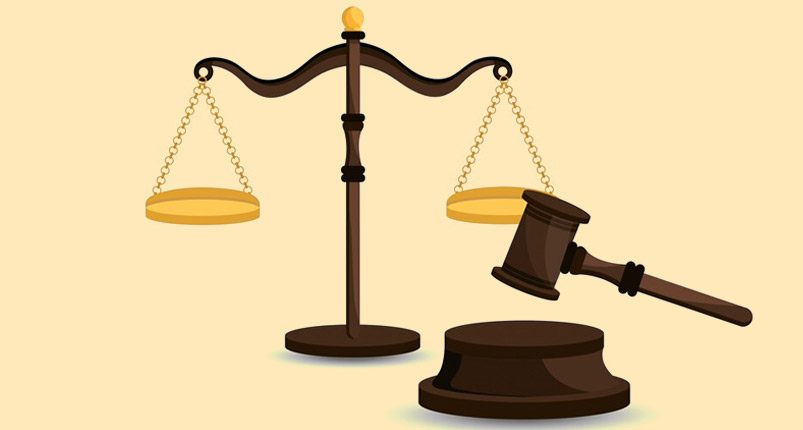Our Services

India i.e., Bharat Knowledge Exchange aims to enhance access to justice through its legal aid and legal awareness programmes. The country’s justice delivery system faces several challenges, including cost hurdles, inordinate delays, and technical hurdles such as the execution of court orders. To address these issues, India i.e., Bharat Knowledge Exchange plans to partner with the Access to Justice Division of the Department of Justice, Government of India, its Central Sector Scheme “Designing Innovative Solutions for Holistic Access to Justice in India (DISHA),” and the National Legal Services Authority (NALSA). The organization will also collaborate with international and national organizations to improve access to justice in India and develop legal awareness programmes to help people understand their rights and obligations under the law, enabling them to navigate the legal system more effectively and access justice more easily.
FAQ
Access to justice means that people have the knowledge, resources, skills, and services needed to meaningfully address their civil and family legal problems. It does not limit or even focus on the ability of people to get the help of lawyers, let alone go to court. It also does not equate justice with the outcome of a court proceeding. There must be a balance between fair process and practical and just outcomes.
Improving access to justice requires a multi-faceted approach. Some of the ways to improve access to justice include increasing legal aid, simplifying legal procedures, providing more information to the public, and increasing the use of technology in the legal system.
Some of the challenges to access to justice include high legal costs, lack of legal representation, language barriers, and lack of information about legal right and procedures.
Public interest law is a legal practice that focuses on using the law to promote the public good. Public interest lawyers work on issues such as civil rights, environmental protection, consumer protection, and access to justice